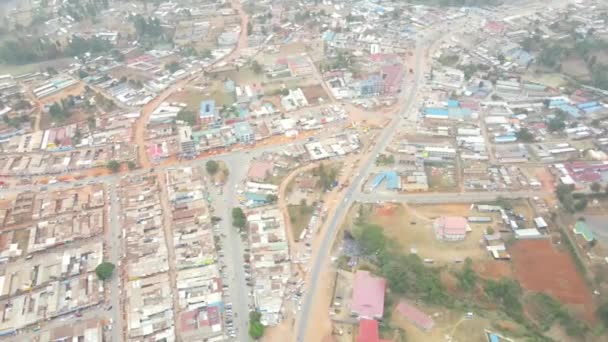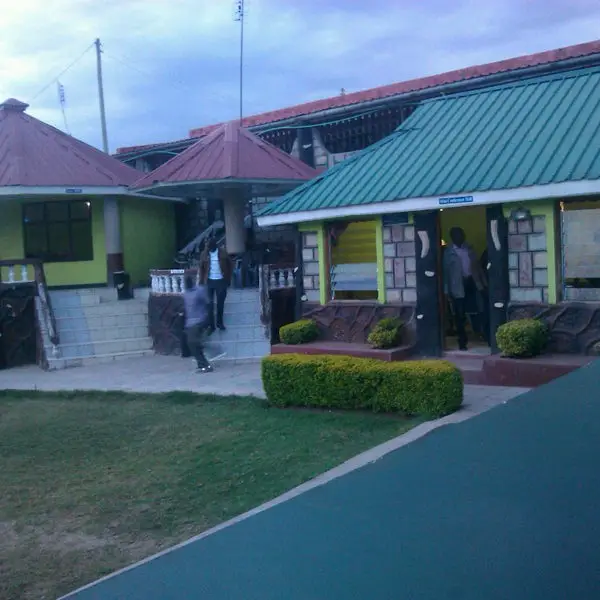Imagine stepping into a vibrant town nestled in the breathtaking landscapes of Kenya’s West Pokot County. Aptly named Kapenguria, this charming town is a hidden gem waiting to be explored. From its friendly people and bustling markets to its rich history and natural wonders, Kapenguria offers visitors a captivating blend of culture, adventure, and relaxation. Whether you’re a curious traveler or a local looking for a unique getaway, Kapenguria Town is the perfect destination to immerse yourself in authentic Kenyan experiences.
Location
Geographical location
Kapenguria is a town located in the West Pokot County of Kenya. It is situated in the Rift Valley region and lies approximately 410 kilometers northwest of Nairobi, the capital city of Kenya. The town is positioned at an elevation of about 1,900 meters above sea level, giving it a relatively cooler climate compared to other parts of the country.
Climate
Due to its high altitude, Kapenguria experiences a moderate climate throughout the year. The town experiences two distinct rainy seasons; the long rains from April to June and the short rains from October to November. The average annual precipitation ranges from 600 to 800 millimeters. The temperatures in Kapenguria are generally pleasant with average highs ranging from 20 to 25 degrees Celsius and average lows ranging from 10 to 15 degrees Celsius.
History
Pre-colonial era
Before the arrival of colonial powers, Kapenguria was inhabited by the Pokot community, who were primarily pastoralists. They practiced livestock rearing and trade with neighboring communities. The area was known for its rich grazing lands and served as an important route for transhumant pastoralists moving their livestock from one region to another.
Colonial era
Kapenguria gained significance during the colonial era when the British set up administrative centers and expanded their influence in the region. In 1950, Kapenguria became an important historic site when it became the place of detention and trial for the famous Kapenguria Six. These were key leaders of the Mau Mau movement fighting for Kenya’s independence from British colonial rule. The trial and subsequent imprisonment of the Kapenguria Six played a pivotal role in the country’s struggle for freedom.
Post-independence
After Kenya gained independence in 1963, Kapenguria continued to develop as an administrative center and commercial hub for West Pokot County. The town has experienced growth in infrastructure, education, healthcare, and economic opportunities, improving the quality of life for its residents.
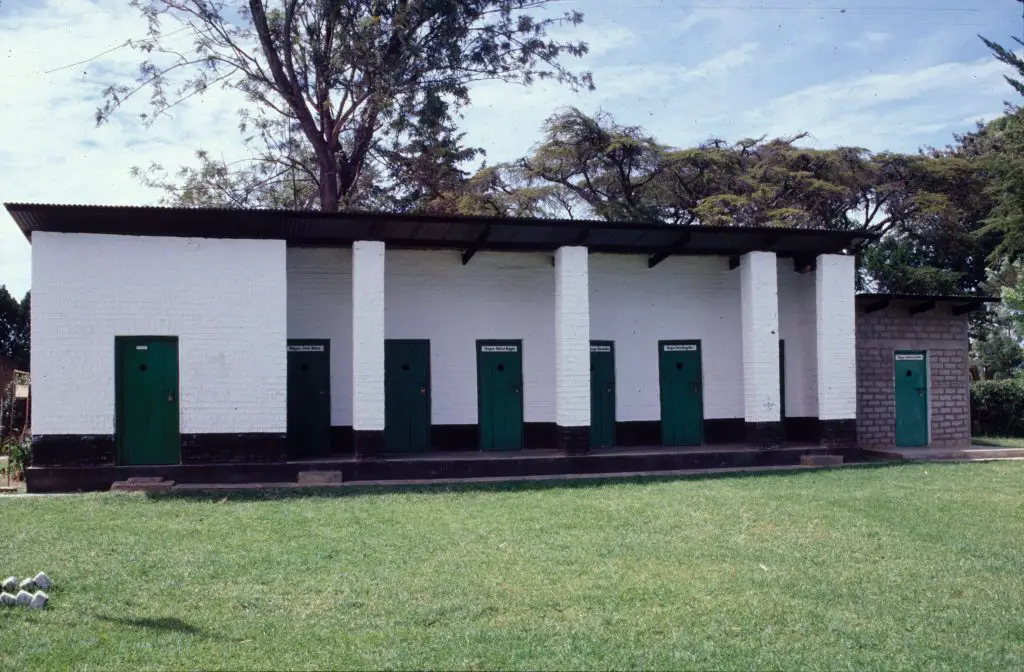
Demographics
Population
Kapenguria has a growing population, with the latest estimates placing it at approximately 60,000 residents. The population includes individuals from various ethnic backgrounds, attracted to the town’s economic opportunities and social amenities.
Ethnic composition
The majority of the population in Kapenguria consists of the Pokot community, who are the indigenous inhabitants of the region. However, the town also attracts individuals from other ethnicities, including the Turkana, Samburu, and Kikuyu communities, among others. This creates a vibrant blend of cultures and promotes diversity within the town.
Religious composition
Religion plays an important role in the lives of Kapenguria residents. The town has a predominantly Christian population, with various denominations represented, including Catholic, Protestant, and Evangelical churches. There is also a significant Muslim community, reflecting the diversity of religious beliefs.
Economy
Agriculture
Agriculture forms the backbone of the local economy in Kapenguria. The rich fertile soils and favorable climatic conditions make it suitable for the cultivation of a variety of crops, including maize, beans, sorghum, and millet. Livestock farming, such as rearing cattle, goats, and sheep, is also a common agricultural practice in the region.
Trade and commerce
Kapenguria serves as a center for trade and commerce in the West Pokot County. The town has a vibrant market where locals trade agricultural produce, livestock, and various other goods. Small businesses, including shops, restaurants, and hotels, thrive in the commercial sector, catering to the needs of the local population and visitors alike.
Tourism
Kapenguria is emerging as a tourist destination due to its rich history and natural beauty. The town offers opportunities for cultural tourism, including visits to traditional Pokot communities and witnessing their way of life. Additionally, tourists can explore the scenic landscapes, such as the stunning Cherangani Hills National Reserve, which is known for its diverse wildlife and hiking trails. The Kapenguria Museum also attracts visitors interested in learning about Kenya’s struggle for independence.
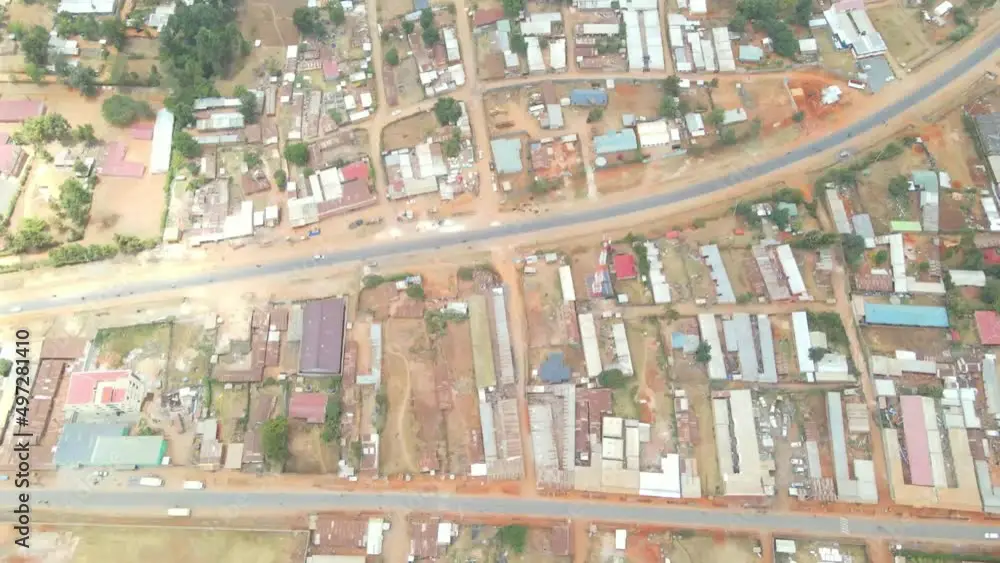
Infrastructure
Transportation
Kapenguria is well-connected by road networks, making it easily accessible to both locals and visitors. The town is connected to major cities and towns in Kenya through well-maintained roads, facilitating the transportation of goods and people. Local transportation within Kapenguria is predominantly by public buses, motorcycles, and bicycles.
Education
Kapenguria has made significant progress in providing quality education to its residents. The town boasts several schools, both primary and secondary, which cater to the educational needs of the local population. Additionally, the presence of tertiary institutions, such as technical colleges and vocational training centers, offers opportunities for skills development and higher education.
Healthcare
The healthcare sector in Kapenguria is continuously improving, ensuring the well-being of the residents. The town has a number of healthcare facilities, including hospitals and clinics, that provide medical services to the community. Well-trained medical professionals and staff work diligently to deliver essential healthcare services to the residents of Kapenguria and the surrounding areas.
Landmarks and Attractions
Kapenguria Museum
The Kapenguria Museum is a significant historical landmark in the town. It showcases the struggle for independence and the story of the Kapenguria Six. Visitors can explore exhibits that depict the political history of Kenya and the sacrifices made by the freedom fighters for the country’s liberation. The museum offers a glimpse into the past, allowing visitors to understand and appreciate Kenya’s journey to independence.
Kapenguria Six
The trial and imprisonment of the Kapenguria Six took place in Kapenguria, making it a place of great historical importance. Visitors can learn about the lives of these influential personalities who fought against British colonial rule and their contributions to Kenya’s independence. The Kapenguria Six serve as an inspiration for generations, reminding them of the importance of freedom and justice.
Cherangani Hills National Reserve
Located near Kapenguria, the Cherangani Hills National Reserve is a natural attraction that offers breathtaking landscapes and diverse wildlife. The reserve is home to various species of birds, monkeys, antelopes, and other wildlife. Visitors can enjoy hiking on the reserve’s trails, appreciating the beauty of nature, and experiencing the tranquility of the Cherangani Hills.
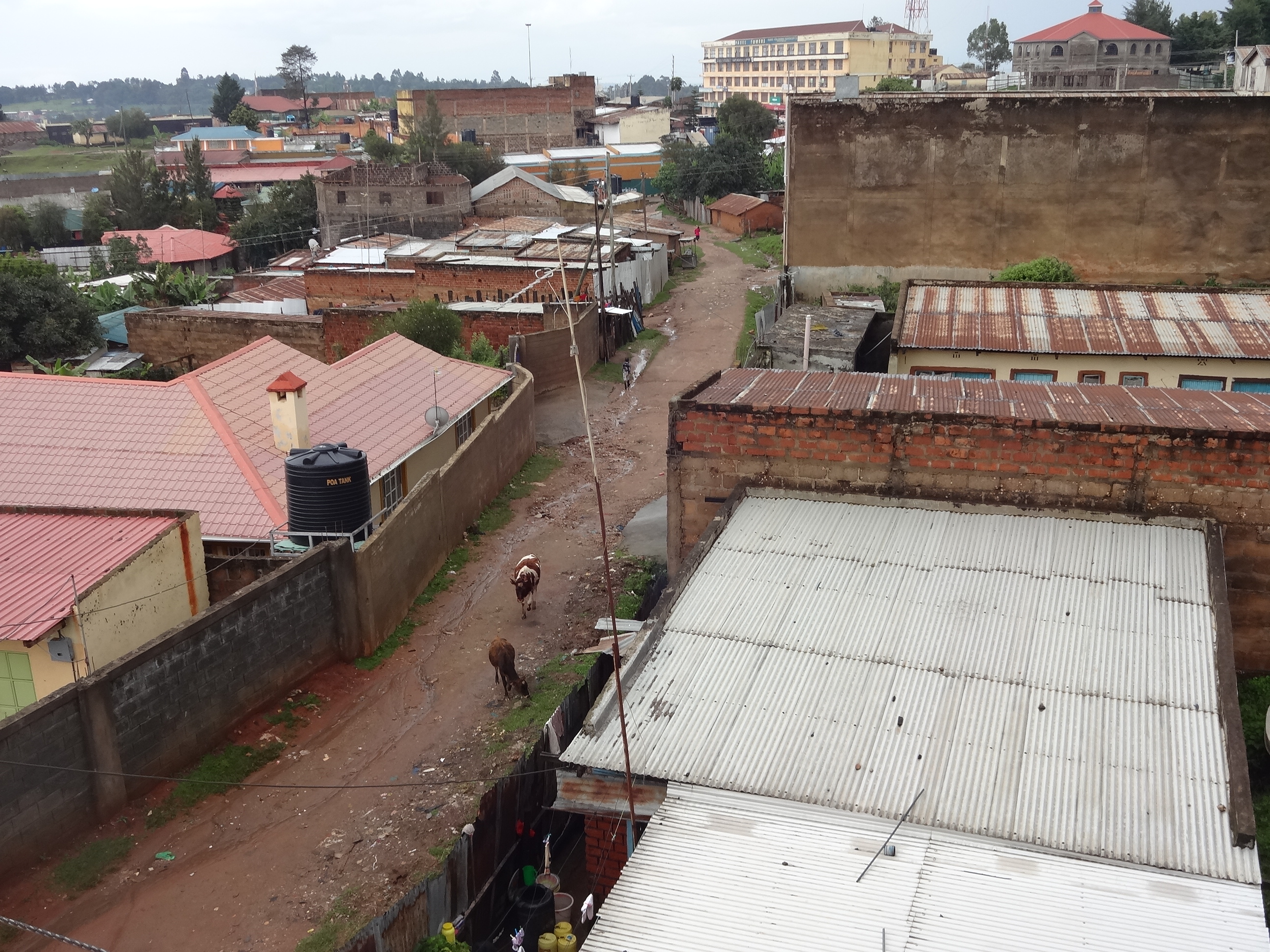
Culture and Festivals
Traditional practices
Kapenguria is deeply rooted in traditional Pokot culture, and visitors have the opportunity to engage with various traditional practices. The Pokot community takes pride in their cattle, and visitors can witness traditional cattle-herding practices, including ceremonies and rituals associated with livestock rearing. Additionally, visitors can learn about traditional artifacts, clothing, and food, gaining insight into the rich cultural heritage of the Pokot people.
Major festivals
Kapenguria hosts several festivals that celebrate the diverse cultures and traditions of the region. The Pokot Cultural Festival is a significant event that brings locals and visitors together to celebrate Pokot culture through music, dance, and storytelling. Other festivals, such as the Welel Festival, showcase the talents of the local community and provide a platform for artists to showcase their skills.
Sports and Recreation
Football
Football enjoys immense popularity in Kapenguria, with numerous local football clubs and tournaments taking place throughout the year. The town has a rich football culture, and residents are passionate about the sport. Football matches bring the community together, providing entertainment and fostering a sense of unity among the local population.
Athletics
Kapenguria has produced several world-class athletes who have represented Kenya in international competitions. The town’s high-altitude location and the presence of dedicated training facilities make it an ideal place for athletes to hone their skills and prepare for competitions. Athletics is highly regarded, and local athletes are role models for many aspiring young individuals in Kapenguria.
Cultural dances
Cultural dances play a significant role in the social fabric of Kapenguria. The town is known for its vibrant traditional dances, which are performed during festivals and other social gatherings. These dances showcase the rich heritage and traditions of the local communities while bringing joy and entertainment to both locals and visitors.
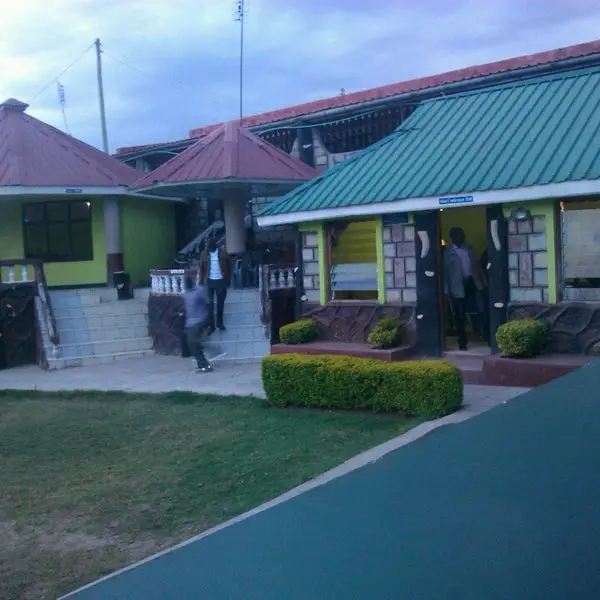
Transportation
Road network
Kapenguria benefits from a well-developed road network that connects it to other parts of Kenya. Major highways serve as vital links, providing access to the town for goods transportation and ease of travel. The roads are maintained to ensure smooth transportation and support the overall economic development of the region.
Public transportation
Public transportation is easily accessible in Kapenguria, catering to the daily commute needs of the residents. Buses and matatus (minibusses) operate on fixed routes, providing affordable transportation options for both short and long distances. Motorcycle taxis, locally known as boda-bodas, are also popular for quick and convenient travel within the town.
Education
Schools and institutions
Kapenguria has a strong educational system with a range of primary and secondary schools that provide quality education to the local population. Some notable educational institutions include Kapenguria Boys High School, St. Joseph’s Girls High School, and Kapenguria High School. These institutions have a track record of academic excellence and contribute to the town’s growing reputation as an educational hub.
Literacy rate
The literacy rate in Kapenguria has been steadily improving over the years, thanks to the focus on education and increased access to educational resources. Efforts by the government and various organizations have played a significant role in promoting literacy among the population. The rising literacy rate is key to empowering individuals and fostering socio-economic development in the town.
